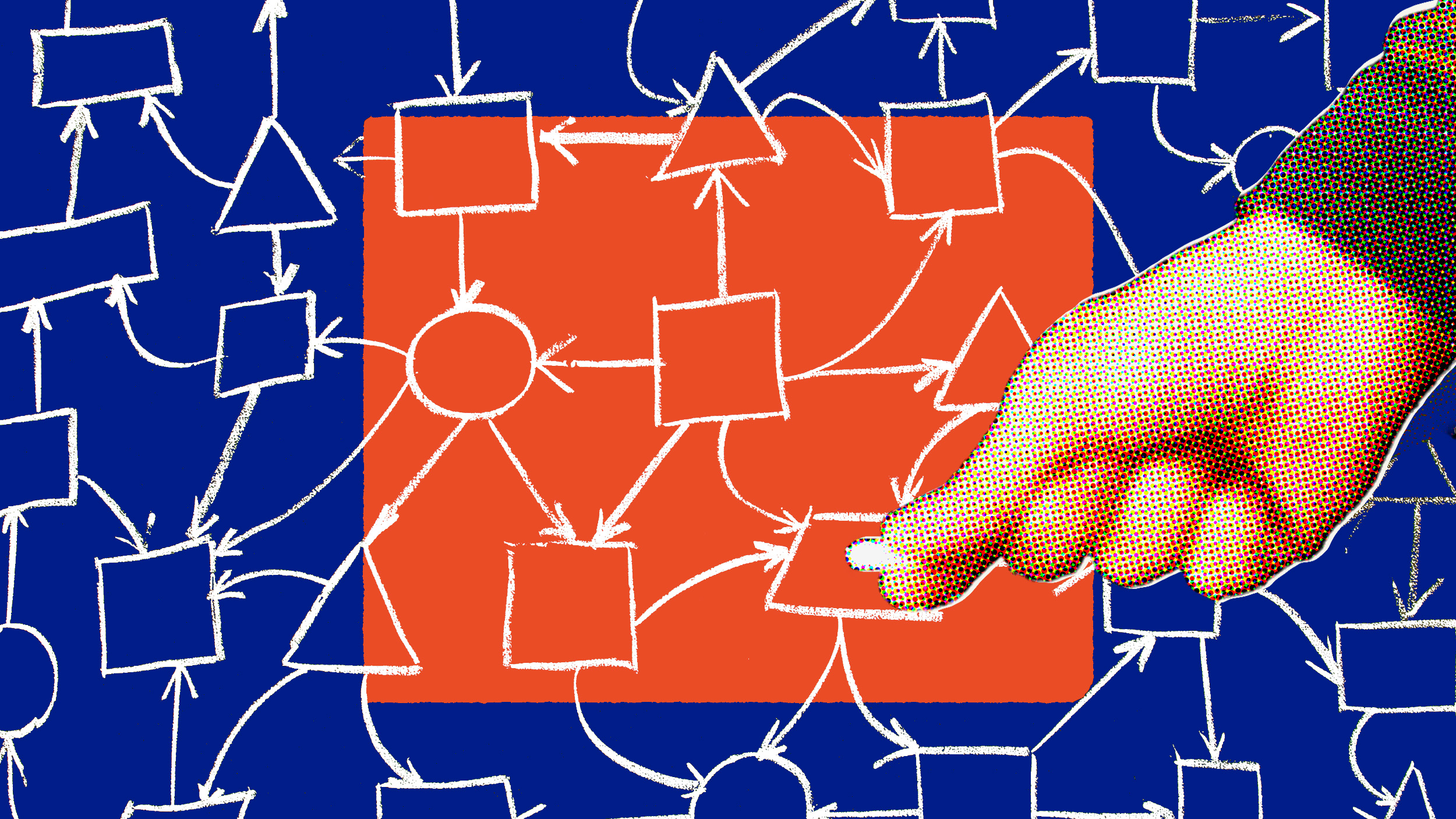Use the “minimal self” theory to flip workplace stress on its head

- The "minimal self" theory refers to the idea that when people experience stress or trauma, they tend to withdraw into themselves.
- This tendency to bunker down is also what drives macroeconomic policy in times of inflation.
- There are constructive ways to apply the minimal self thesis to our professional lives.
Robert Burton’s 1621 work, The Anatomy of Melancholy, is a vast, 900-page exploration of depression. It dances around and calls upon all the sciences of his day — psychology, physiology, astronomy, meteorology, theology, astrology, and demonology — to forensically unpack what depression is and what remedies might exist. After five editions and around 350,000 words, Burton concludes with one summary piece of advice for any depressive: “Be not solitary, be not idle.”
What Burton knew in the 17th Century, and what psychologists have proven over and over since, is that when things get hard, people often withdraw into themselves. When someone experiences stress or trauma, they will tend to isolate themselves from the world. The problem, as Burton’s advice reveals, is that the solitude of social withdrawal becomes a vicious circle. Depressive isolation is a black dog that swells to such a monstrous size as to consume the entire room. When you’re alone, problems often magnify and engorge. They are harder to deal with. And so you withdraw more.

It is a strange phenomenon of human psychology that we shrink inward when the outward world becomes unbearable. We bunker down, baton the hatches, and cocoon ourselves in a torpor. It’s sometimes called “the minimal self” theory, where, when all else fails, we revert back to a more basic mode of existence.
Depression and inflation
The Anatomy of Melancholy is a poetic and literary examination of the experience of depression in an individual human mind. Modern psychology looks at the issue in terms of mental health. But this kind of withdrawal from the world is also a sociological and economic phenomenon as well. It’s one that politicians exploit all the time.
Inflation, on a macroeconomic level, is where the prices of everyday items and consumer goods increase year on year. A chocolate bar today will cost substantially more than it did in the 1960s. Most economists agree that inflation — at least rapid, unexpected inflation — is a bad thing. The way you combat inflation is to raise interest rates. This means it’s more expensive to borrow money, and people with mortgages have to pay more to their banks. Paying more to the banks means you have less money to pay for a new TV, car, or holiday. So, with fewer people buying products, prices will drop.
This inflation-beating tactic only works because people will isolate themselves in hard economic times. They will cut “unnecessary” expenditures to focus on the household and essentials. In an economic “hierarchy of needs,” people will redirect their money to food, heating, and their immediate family. When in a recession, people tend to donate less to charity; they decide that money is needed closer to home.
Applying the minimal self
If we know that humans tend to isolate and withdraw when things are hard, how can we adapt? What can we learn from the minimal self thesis? Here are three ways we might apply it to our work lives.
Bring back the party. Forty percent of American workers say their job is “very or extremely stressful,” and one in four people say their jobs are the number one stressor in life. Work is stressful — it’s in the name. So, if we know that work causes stress and that stress inclines people to isolate themselves, we should not be surprised if stressed workers withdraw themselves. They might take on too much, stop collaborating, and rarely ask for help. The solution, then, is to give employees opportunities to vent. Officially, this might involve hiring or appointing a wellbeing lead or an HR initiative, but unofficially, it presents itself at office parties or after-work drinks. A “wine-and-whine Friday” is both popular and cathartic. The majority of workers do enjoy and need office social events.
Change your product. There are strategic insights to garner here as well. In times of recession or economic hardship, people tend to stop “unnecessary” purchases. So the key is to make your product as essential and necessary as possible. Don’t be part of the cull. A lot of this will involve retargeting your marketing. Change your feature list to focus on only a few invaluable tasks. Make it seem like your product is an indispensable part of everyday life. If you provide services and not products, pay attention to the needs of your clients. Try to appreciate that they will be focusing on themselves or their families. Recognize the need for belt tightening and budget restraints. Offer practical ways to accommodate this, such as offering a temporarily discounted fee or a pared-down service. A reduced client is better than no client.
Reach out. At the end of the day, the most important thing is your health. Business tricks and workplace hacks have their place, but if you’re finding yourself isolated or burned out at work, then you need to take steps to remedy that. You don’t need to read Burton’s 900-page tome to know that feeling stressed, trapped, and lonely does not make for a conducive or healthy work environment. Over on Big Think+, Kelly McGonigal, a health psychologist and lecturer at Stanford University, offers a practical way to help deal with workplace stress and isolation. It involves a mental shift that allows you to reach out to people in a similar situation. If 80% of workers experience stress on the job, then the odds are that your boss and your team are going through something, too. The person in that meeting or the colleague who wrote that email is having a hard time. Empathy helps to diminish your own stress and encourages you to reach out.





